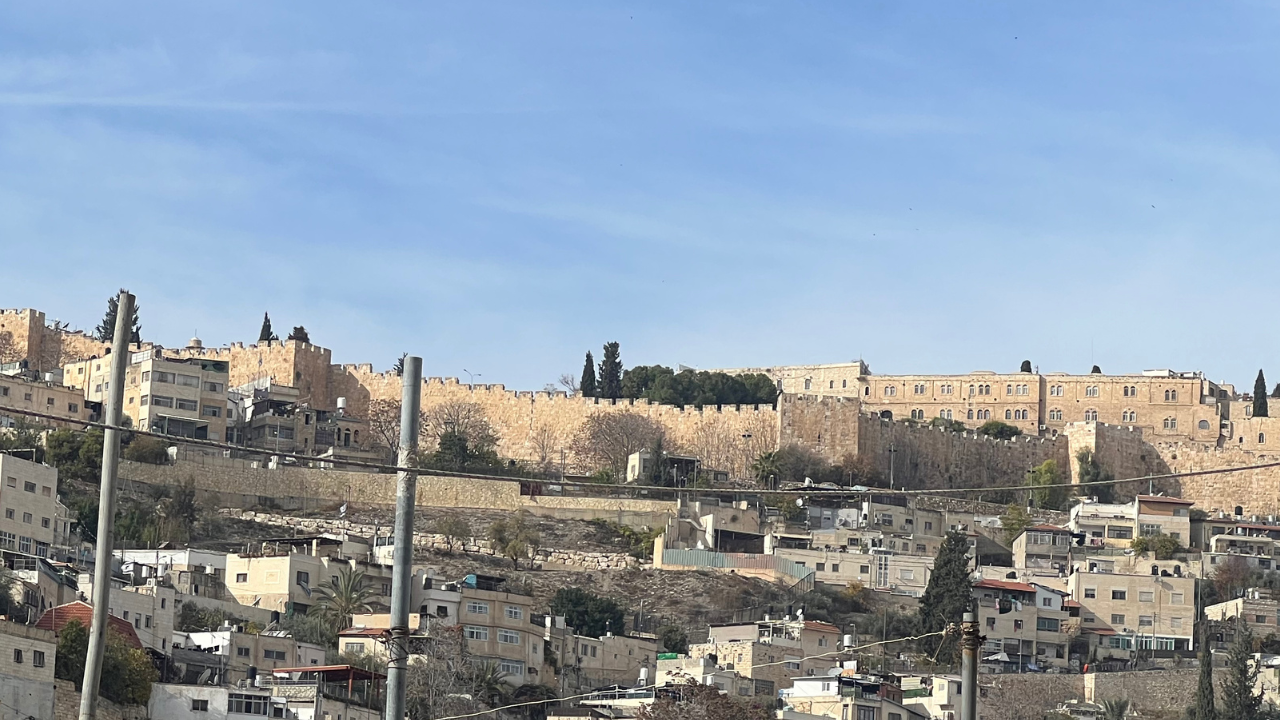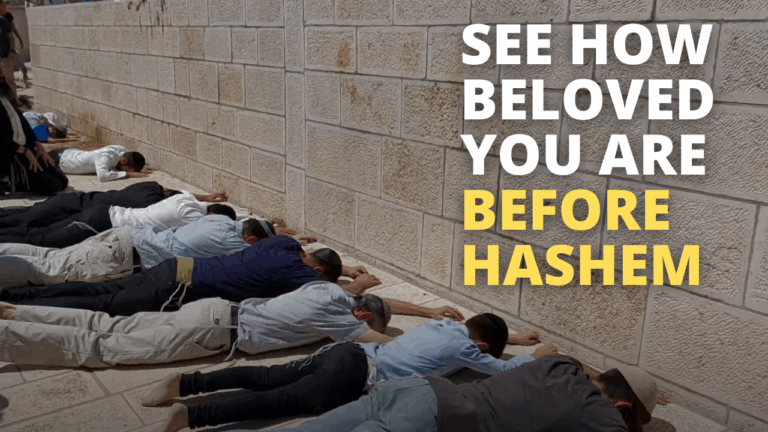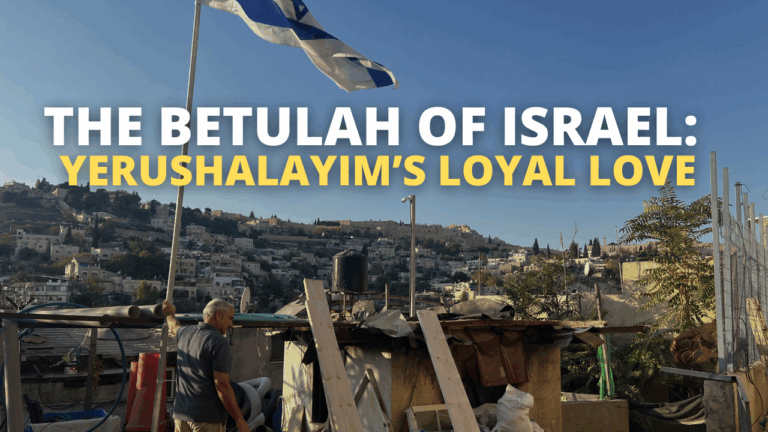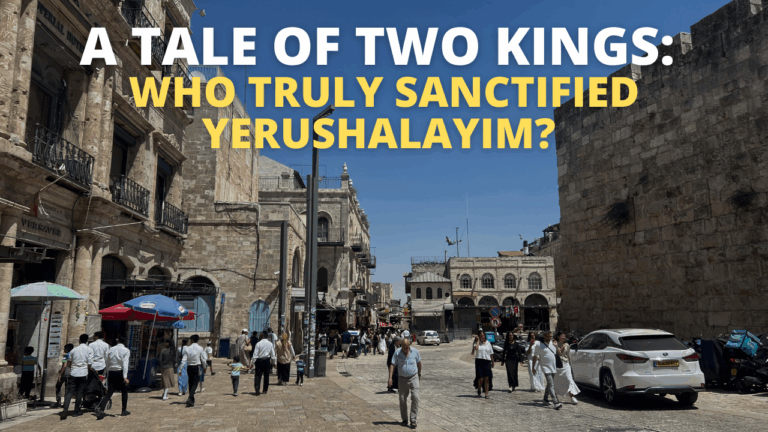Speak to the Heart of Jerusalem
After Yaakov settles outside the city of Shechem, his daughter Dinah is kidnapped and violated by Shechem. The pesukim provide a detailed description of Shechem’s infatuation with Dinah. The Midrash Rabba (80:7) identifies four distinct words used by the Torah to describe his obsession with the daughter of Yaakov. ותדבק נפשו בדינה, his soul cleaved to Dinah. ויאהב את הנערה, and he loved the girl. שכם בני חשקה נפשו בבתכם, Shechem my son, his soul longs for your daughter. כי חפץ בבת יעקב, for he desired the daughter of Jacob.
Fascinatingly, the Midrash explains that HaKadosh Baruch Hu intensely desires Klal Yisrael in the same manner that Shechem obsessed over Dinah. In fact, Reish Lakish asserts that we derive these different forms of God’s love for His people from the Torah’s description of Shechem and Dinah!
The Midrash adds what it considers to be a fifth phrase that also captures the obsession of Shechem. וידבר על לב הנערה, and he spoke to the girl’s heart. The Midrash explains that this phrase captures Shechem’s desperate courting of Dinah. Similarly, HaKadosh Baruch Hu speaks to the heart of Klal Yisrael, as the navi Yeshayahu describes (40:2), דברו על לב ירושלם וקראו אליה, speak to the heart of Jerusalem and call out to her.
The quotation of this verse initially seems puzzling. God is calling out to Jerusalem, not to the Jewish people. How does this verse capture the love that God possesses for His people? This issue is compounded by other verses in the neviim where the prophet seems to personify all of the Jewish people as Jerusalem. For example, Yirmiyahu is told to call out in the ears of Jerusalem concerning the “kindness of your youth, the love of your marriage, when you followed after me in the desert” (Yirmiyahu 2:2). As is obvious, Jerusalem was far from the picture when Klal Yisrael followed Moshe Rabbeinu into the desert of Sinai.
As Rav Chaim Volozhiner explains (Nefesh HaChayim 2:17), Yerushalayim represents the essence of Bnei Yisrael. It is the city in which all Jews gathered as one, connecting to the common root of their souls. In a certain sense, the true expression of the Jewish people is only when they stand united in Jerusalem in the presence of the Ribbono Shel Olam, the Chatan who rejoices over Jerusalem.
This insight reveals another simple but profound point. The other four expressions of chavivut described by the Torah are inward experiences of love; they have no outer expression towards the beloved. It is only the fifth expression, דברו על לב ירושלם, where the Lover outwardly conveys His longing for His bride. Whenever God desires to make his “inner” love for the Jewish people known, he refers to them as Yerushalayim and calls out to them. The palpable feeling of divine love can only be experienced when in Jerusalem. This is why the fifth expression of dibbur is always addressed to Yerushalayim.
These soothing words directed at Jerusalem comfort the heart of Klal Yisrael; while we may intellectually understand that God loves His people, it is difficult to feel and believe in that love when our relationship has become estranged. A rendezvous with our Beloved in Yerushalayim reminds us that God deeply desires us and longs for our return to Him. He is still “courting” us and pursuing us. What better feeling could there be to know that Hashem still so desperately desires us?
May we merit to be showered with the Ribbono Shel Olam’s divine love in the rebuilt city of Yerushalayim, speedily in our days.



